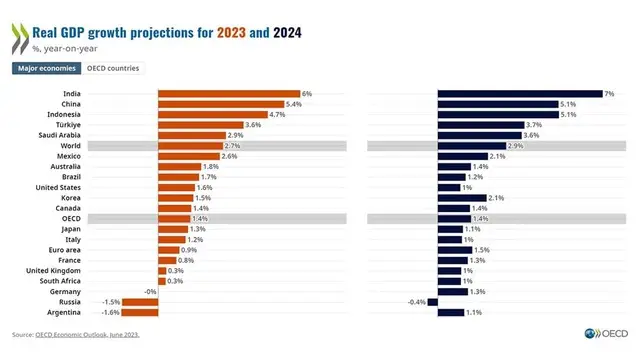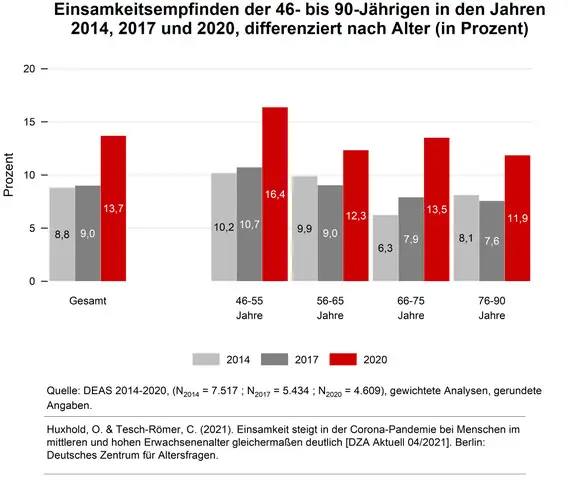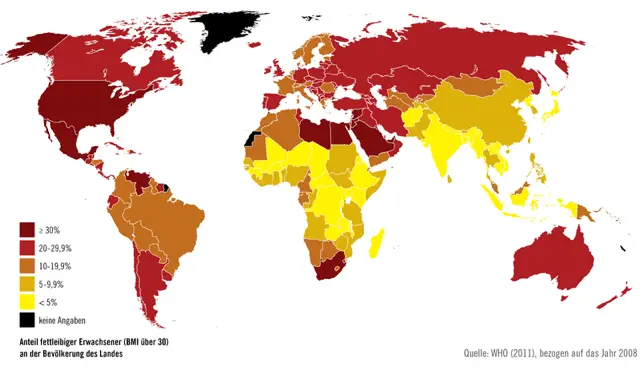Multiculturalism as a driver of innovation in experiential spaces
In a world where borders are becoming increasingly blurred, the creation of multicultural experience spaces is becoming ever more crucial. These experiential spaces not only provide a platform for cultural exchange, but also determine how locals and second home owners experience and respond to ‘over-tourism’. By consciously designing these spaces, we can both promote acceptance among the local population and support sustainable economic growth.
In the current post-COVID phase, we must recognize that the willingness to travel internationally has increased enormously again and will continue to increase despite wars in some areas. This new global desire to travel is due to the prosperity of emerging economies – especially India – and the desire to experience the old world and its traditions in developed economies.

These new non-European economies have completely different expectations when it comes to shopping and tourism experiences. On the one hand, these expectations need to be harmonized with the local values and, on the other, the cultural sensitivities of the target customers need to be proactively taken into account. The implementation of corresponding multicultural worlds of experience will, among other things, also determine the attitude towards “over-tourism” among locals and second home residents.
These multicultural expectations must be met along a digital and analog experience path along the customer journey in the worlds of experience in retail and tourism.
Generation Y, Z and Alpha in particular obtain a large proportion of their information from digital sources and share this information with like-minded people via digital channels. Sociologically, this focus on digital communication results in a lack of interpersonal contact and an endless longing for shared personal experiences in the generations mentioned above, which must be mapped in modern living environments in addition to digital processes.

Technological progress and its impact on society
The explosive growth of the feeling of loneliness must be counteracted with the appropriate design of experiential spaces. Living spaces must be designed in such a way as to facilitate personal interpersonal contact.
Due to the rapid development of cloud services, online communication and AI functionalities, the natural proportion of movement, which is essential for human health, has decreased and is generating completely new problems in modern economies.

Currently, more people in highly developed countries die as a result of obesity than in road traffic accidents. The resulting potential increase in health costs must be counteracted by offering preventive joint interpersonal activities and offers enormous potential for tourism in particular.
The challenges in Europe will be to reconcile the cultural – new target markets – with the sociological – isolation of generations Y, Z and Alpha – and the social challenges – reduction of healthcare costs through prevention – while meeting the requirements of the EU Green Deal.
Supplementary information:
The EU GreenDeal calls for a 55% reduction in net greenhouse gas emissions by 2030, while at the same time meeting exemplary additional requirements in the following areas:
- Increase in passenger and transport air traffic by 35% and 60% respectively since 2007
- The demand for energy is increasing due to AI and the cloud solutions required for this (a ChatGPT request requires nine times (!) more energy than a classic Google request)
- Data centers, cryptocurrencies and AI will increase electricity demand by Germany’s current consumption by 2026





